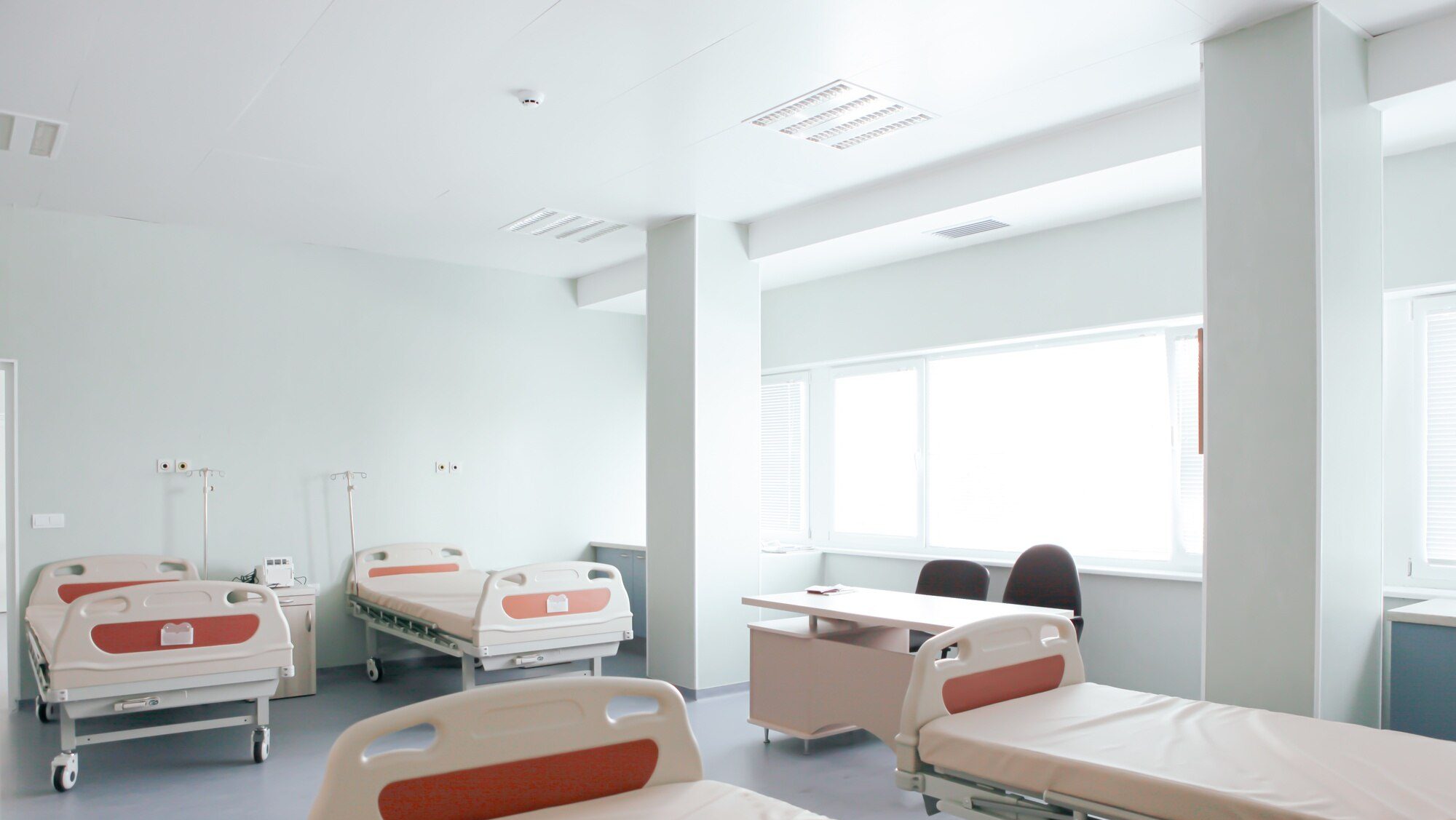SINGAPORE: The National University Hospital (NUH) will be replacing half of its 1,200 beds, with 100 new ones added by 2033. By 2038, the remaining older beds will also be replaced, and another 200 will be added, bringing the total to 1,500.
According to The New Paper, Health Minister Ong Ye Kung shared these updates on Feb 22 during NUH’s 40th-anniversary event at the Sands Expo and Convention Centre, attended by 4,000 guests.
Mr Ong said the upgraded NUH campus would be “much more user-friendly,” with shorter distances between key facilities and simpler-to-find services. The campus will also have more greenery, including plants and trees, while reducing carbon emissions. He said this upgrade—expected to take 10 years to complete—would significantly improve healthcare infrastructure in western Singapore.
Mr Ong said NUH is likely to undergo three major transformations: the population will age, patients will have more complex conditions, medical technology will advance rapidly, and healthcare costs will rise, leading to tighter resources.
One is a physical upgrade; the hospital is 40 to 50 years old. The minister noted the current campus layout is far from ideal, and facilities are ageing. Since NUH will continue operating during redevelopment, new wards must be built first to relocate existing ones before redeveloping their current sites, he added.
Technology will also play a larger role in medical care.
Artificial Intelligence (AI) will soon help medical teams diagnose patients, prescribe care pathways, analyse scans, and highlight anomalies. It will also generate medical records by listening to doctor-patient conversations. Sensors and algorithms will track patient movements to ensure safety. Robotic surgery could also become more affordable with lower equipment costs, better efficiency, and consolidation of case volume.
There will also be a shift towards community-based healthcare.
Mr Ong said acute and community hospitals, family doctors, nursing homes, hospices, and other care providers will work more closely to support patient recovery, rehabilitation, and smoother transitions.
NUH will expand its role in active ageing centres and provide clinical and preventive care through its health posts in the community. Partnerships may also extend to fitness coaches, coffee shops, and hawker centres to promote healthier lifestyles.
He said, “In other words, I believe in the next 10 years, there will be a decisive shift away from hospitals to the community in giving care.” /TISG

